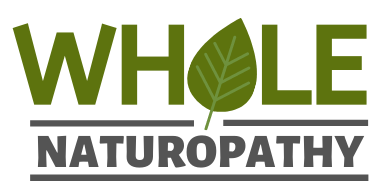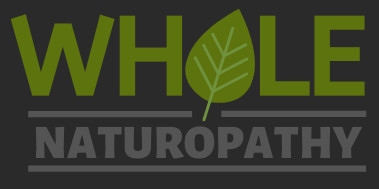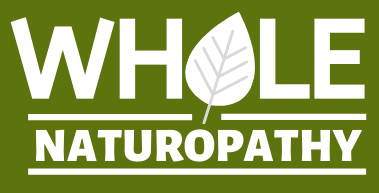
Wired and Tired – from stress to exhaustion
Trying to achieve more than most people? Or maybe you’ve been doing that and have hit a wall?
Welcome to the world of adrenal exhaustion, or technically, the Hypothalamus-Pituitary-Adrenal (HPA) axis dysfunction, adrenal insufficiency, or hypercortisolism.
It all starts with stress
According to the Australian Bureau of Statistics in 2020-2021, 15% of Australians experienced high levels of psychological distress, and this was higher in women, and younger Australians (16-34 years). This is likely to be higher in Melbourne where the pandemic stress combined with lockdowns meant long periods of reduced social activities and parents trying to juggle work with home-schooling.
Our central nervous system has two modes: sympathetic nervous system (SNS) dominance, known as ‘fight or flight’, and parasympathetic nervous system (PSNS) dominance, ‘rest and digest’. During life we need to spend time in both modes, SNS to achieve and accomplish our goals, and PSNS to relax and enjoy life.
High achievers usually do exceptionally well when life is predictable and there is enough time for relaxing. But add some kids, financial pressure, or any other additional responsibilities to the mix and the time spent in PSNS mode often gets squeezed out of life. This is where the problem starts and people tend to either ignore the stress and push through, or relax by drinking, enjoying junk food, or finding another way to distract themselves. Either way is not good for your body.
Signs of adrenal exhaustion
- Feeling exhausted or fatigued
- Surviving on caffeine (which may be less effective over time)
- Sleep disorders (insomnia or daytime sleepiness)
- Anxiety or depression
- Memory or concentration difficulties
- Menstrual and reproductive dysfunction
- Hypertension (high blood pressure)
- Cardiovascular disease
- Immune dysfunction
- Metabolic disease
- Weight gain
The solution
There is so much that can be done with both nutritional and herbal medicine to help support you. There is a class of herbal medicines called ‘adaptogens’, and these herbs help you to adapt to both physical and mental stress. In clinical studies on athletes, those taking adaptogens can run and swim for longer and go further than the control group. In studies that use questionaries, those taking adaptogens report significantly lower levels of stress, anxiety, and depression. There are also herbs to support your adrenal glands and nervous system which can be accurately prescribed during a naturopathic appointment.
What can you do?
- Find things in your life that are fun
- Have activities you find relaxing
- Spend time in nature
- Do things with friends or family
- Spend time in gentle exercise
- Spend time away from a screen and relax before bed
- Eat nutritious food
- Reduce caffeine, sugar, and alcohol
- Learn time management techniques
- Remove life stressors where possible
- See a counsellor
https://www.abs.gov.au/articles/first-insights-national-study-mental-health-and-wellbeing-2020-21




